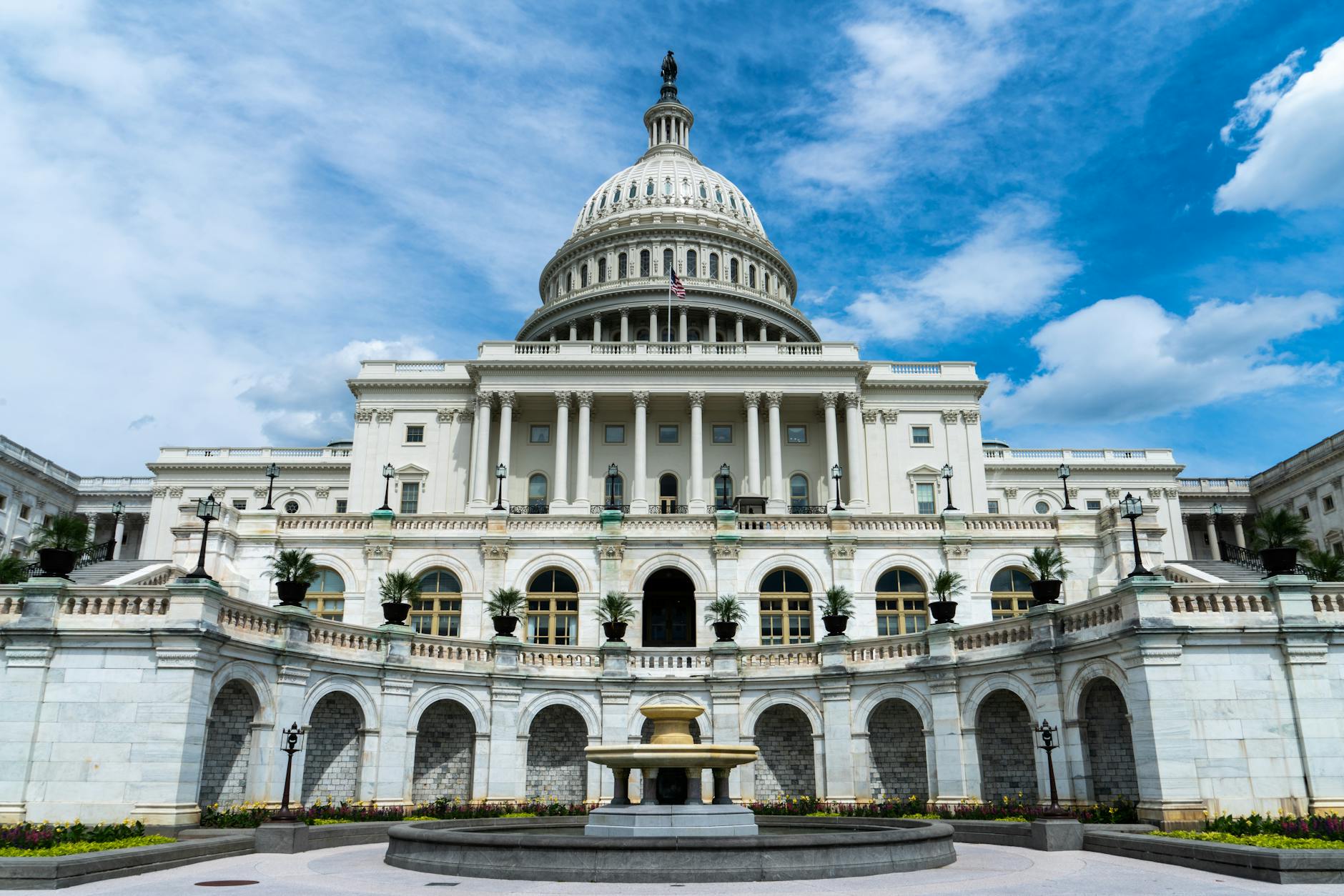
Yesterday I was interviewed by Elise Evans on BBC Radio WM Breakfast about social media and ‘fake news’ during the Ukrainian conflict. This was in response to a report that footage from a disaster movie filmed in Birmingham had been used on social media to suggest the war was a hoax.
We discussed what online platforms are doing to deal with ‘fake news’ and how we can identify false images and videos circulating online.
Thanks to Elise, Louise, Megan and the BBC Radio WM team for the interview.
It can be accessed here





